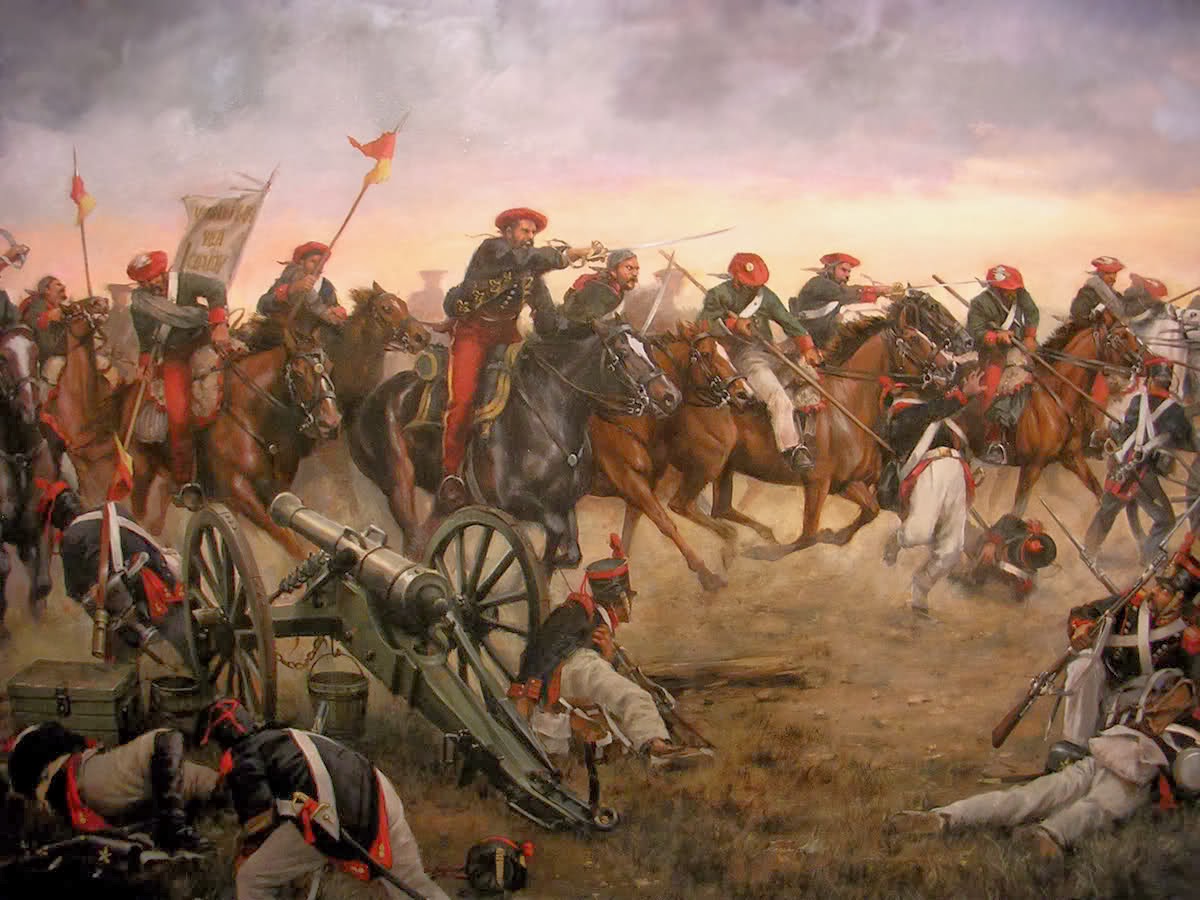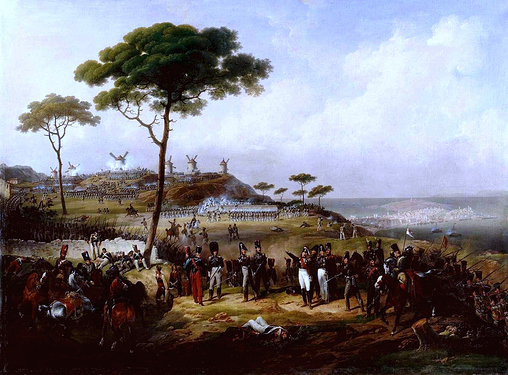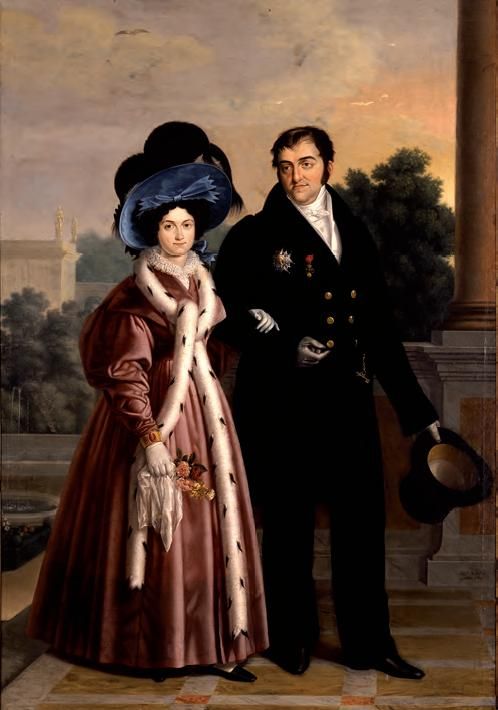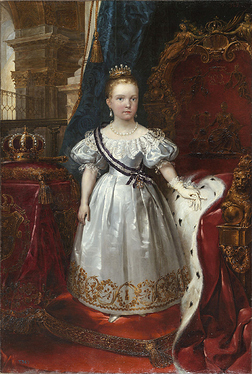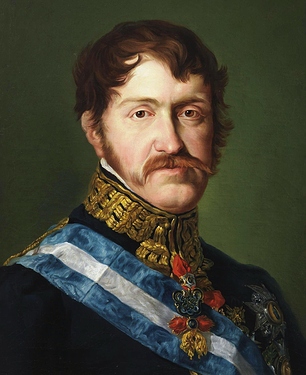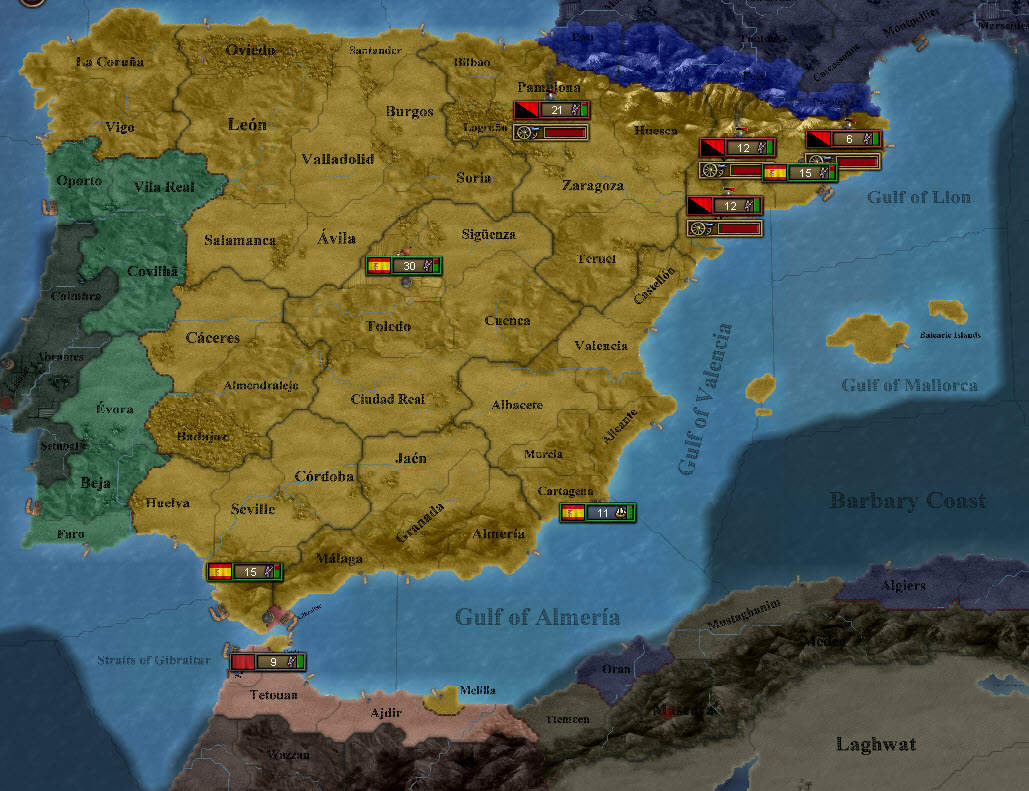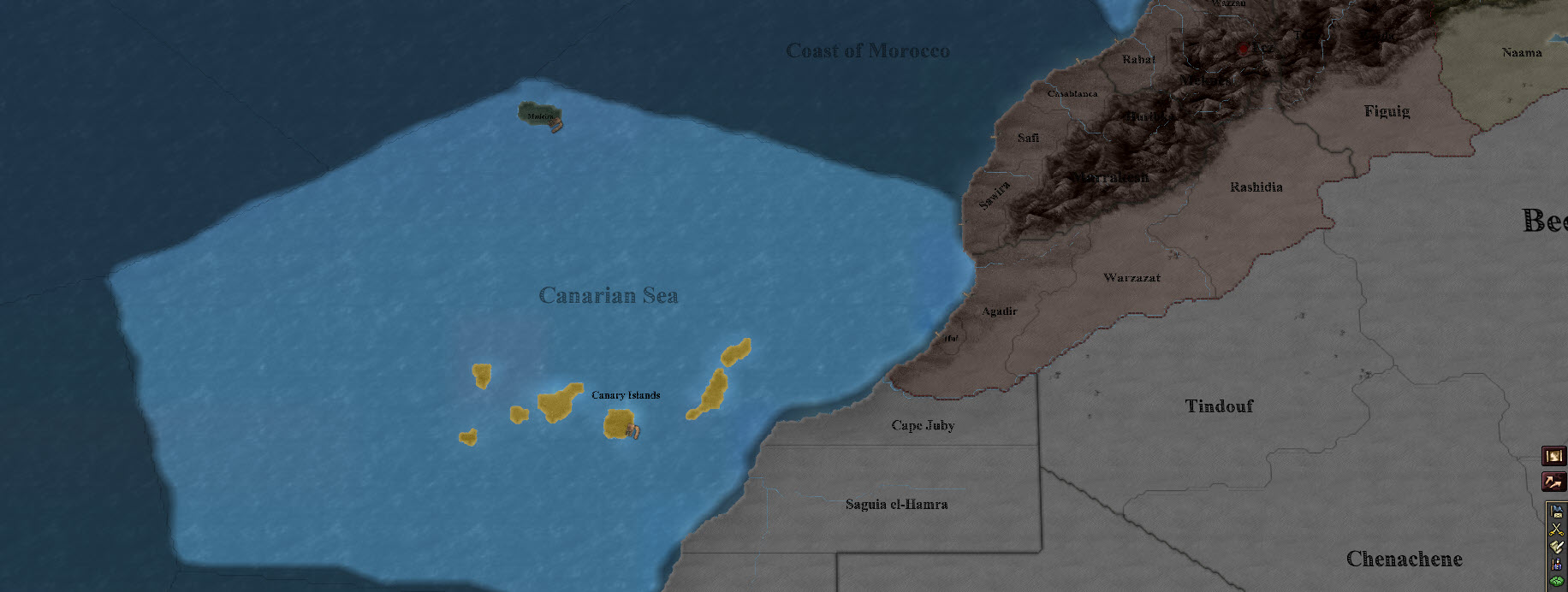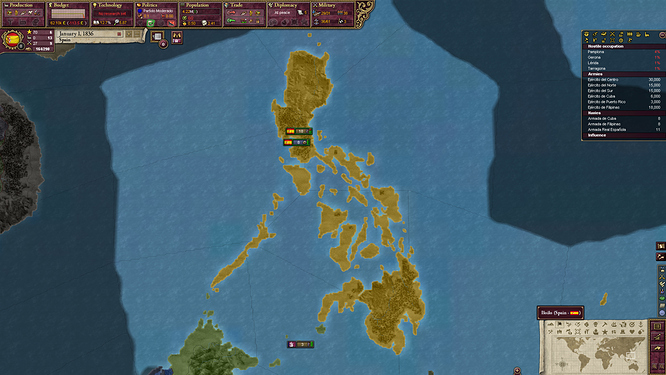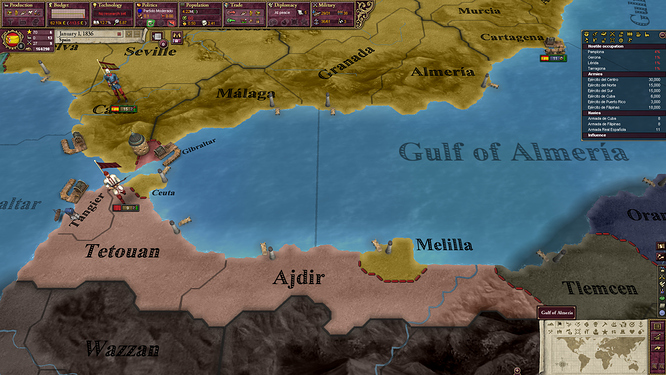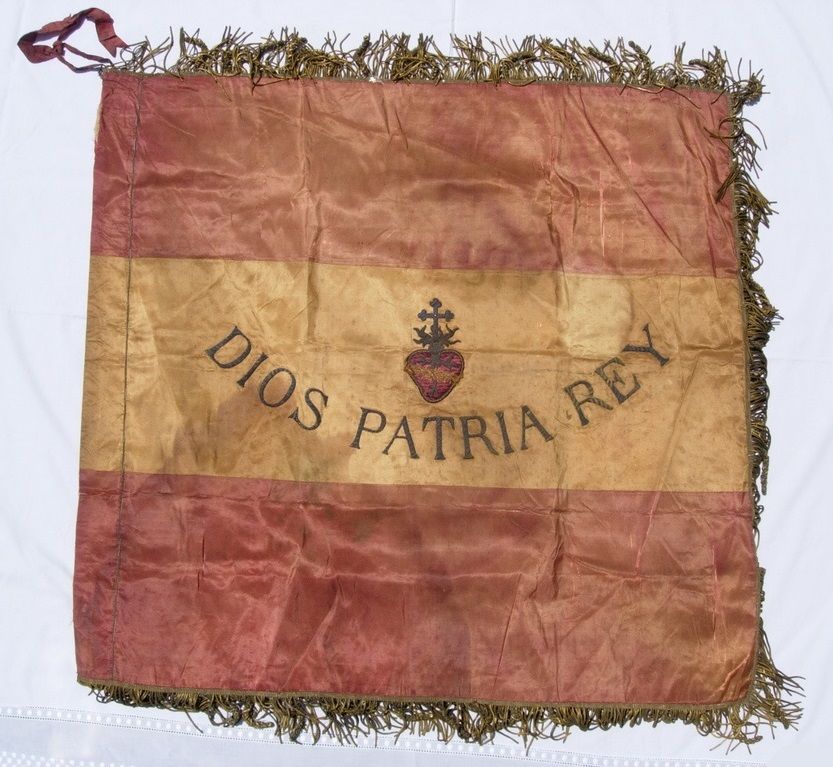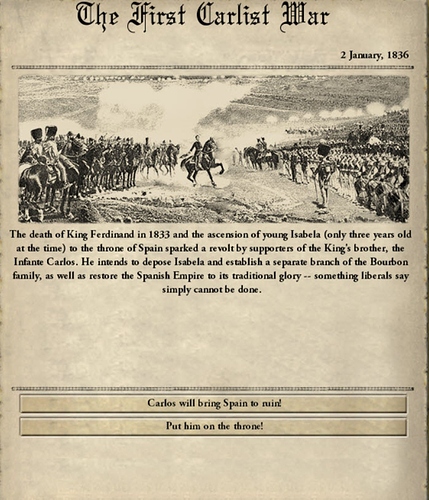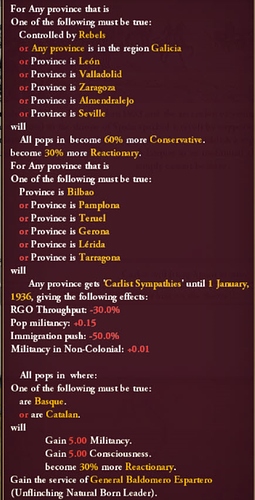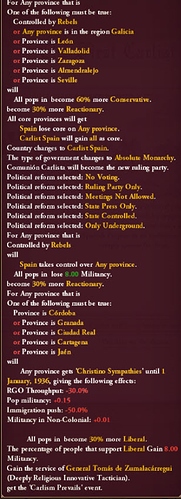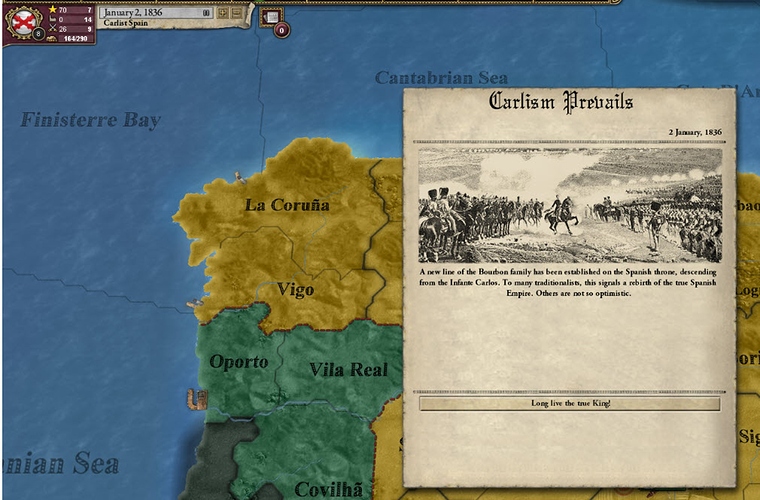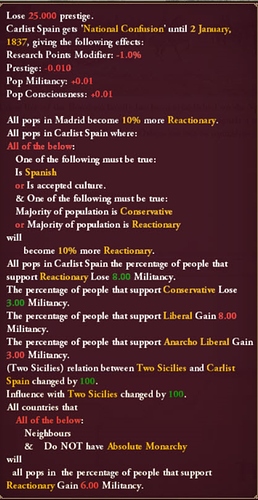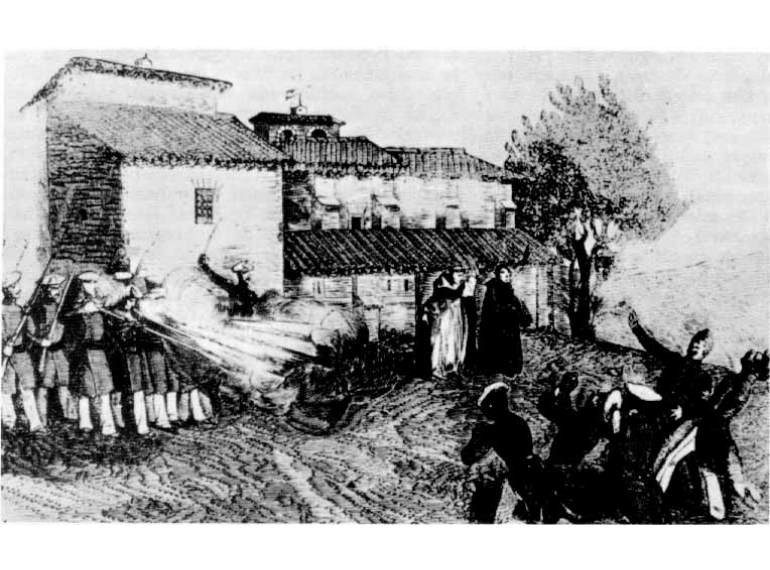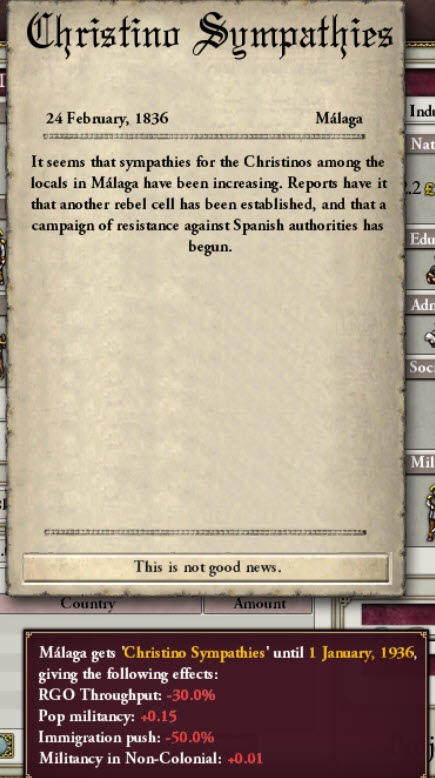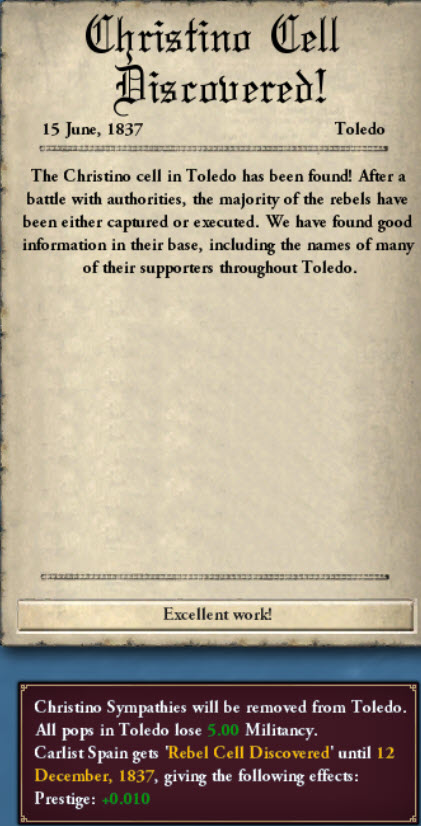Para Hacer Grande La España de Nuevo
“Para Hacer Grande La España de Nuevo.”
De la Introducción de Mi Testamento Político Sobre la Corona y España para Mi Hijo , Carlos María Isidro Benito de Borbón y Borbón-Parma, publicado en 1910.
"To Make Spain Great Again."
From the Introduction of My Political Testament on the Crown and Spain for My Son , Carlos María Isidro Benito de Borbón y Borbón-Parma, published in 1910.
This is a Victoria 2 AAR for a playthrough for the Grand Campaign as Spain. It’ll be updated as interesting 19th Century things happen. There will be a a few selections from Carlos’ apocrypha political testament for his son I quoted from up there, amongst other fun Victorian happenings. Thanks to @easytarget at the Victoria 2 threat for inspiring me with his Ottoman AAR.
Background
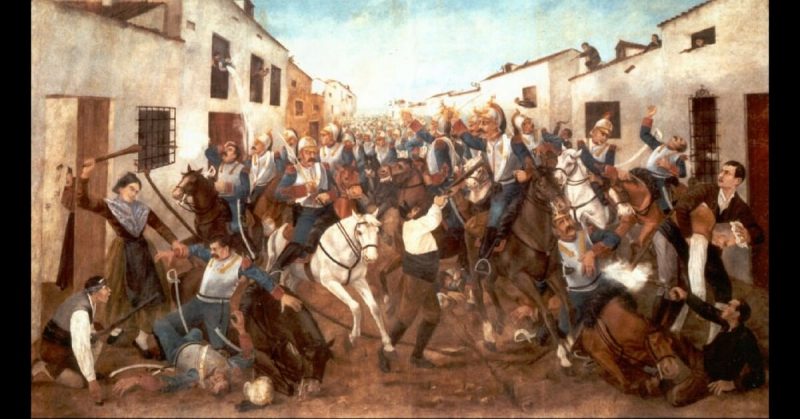
After the disasters which befell Spain during the Napoleonic Wars, the return to the throne of the personally rapacious and conservative, yet vacillating and malleable Fernando VII to the throne led to the loss of the vast majority of Spain’s overseas empire in 1819-1821, which exacerbated the chronic financial woes of Spain to a crisis. Fernando was ousted by a military coup after the loss of New Granada (Bolivar’s Revolution) in 1820 and Spain was governed by progressive Liberals for three years.
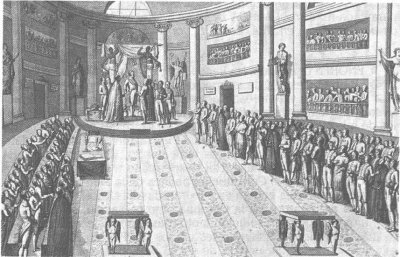
They decided to resort to the international money lenders to revert the economic meltdown Spain was facing. They turned to Paris, and particularly London, where many liberals (many of them Freemasons) had fled on Fernando VII’s return in 1814. In London and Paris, the liberals ruling Spain engaged in negotiations with the financiers Nathan Rothschild and James Rothschild. They bailed out the Spanish liberal regime, with the assent of the British Government, ostensibly due to the regime’s professed Liberal policies, but with a the real goal of securing previous debts dating back to loans granted to the Spanish government (in exile) during the Napoleonic Wars.
The election of a radical liberal government in 1823 further destabilized Spain. The army, whose liberal leanings had brought the government to power, began to waver when the Spanish economy failed to improve, and in 1823, a mutiny in Madrid had to be suppressed. The Jesuits, who had been banned by Carlos III in the 18th century, only to be rehabilitated by Fernando VII after his restoration, were banned again by the government. For the duration of liberal rule, Fernando (still technically head of state) lived under virtual house arrest in Madrid.
The 1823 intervention of a reactionary international alliance, the Sacred Alliance, restored Fernando VII fully on the Spanish throne. Fernando agreed to respect Liberal reforms, but the Bourbon king refused to assume the debt incurred by the 1820-1823 liberal rulers with the Rothschilds based in London and Paris. For more than a decade, the pending liberal debt became for Ferdinand VII’s negotiators a persistent sticking point with these financiers during talks for new loan requests.
So, the state of affairs in Spain remained paralyzed and unstable as Fernando managed to alienate both the Liberal and Traditionalist political classes in Spain. His health rapidly became an issue, and a succession crisis now loomed as Spain, which used Salic Law (exclusive male primogeniture) for Royal Succession, and Fernando had two daughters.
In 1830 he proclaimed the Pragmatic Sanction, securing the throne for his daughter, Isabella ( an infant, with a younger sister “in the oven”) on whom Moderate Liberals and Progressives pinned their hopes for possible future reform, encouraged in these hopes (disingenuously) by the Queen (and likely regent) Maria Christina, interested in preserving her personal position and wealth.
The Pragmatic Sanction disinherited the King’s younger brother, Carlos María Isidro Benito de Borbón y Borbón-Parma, Infante of Spain and Principe de Asturia (until the Sanction) and Count of Molina. The clerical party (called in Spanish ‘Apostólicos’) continued to support the rights of Carlos to the throne. They considered the Pragmatic Sanction not only impractical but also illegal. They intrigued in favor of Carlos, but he himself would do no more than assert his rights in words. His wife and her sister, Maria Teresa (1793–1874), the princess of Beira, on the other hand, were actively engaged in intrigues with the apostólicos. In March 1833, Ferdinand authorized Carlos to go to Portugal with his wife and sister-in-law. The ‘authorization’ was in fact an order to remove Carlos and his adherents from Spain.
In April 1833, Ferdinand called upon Carlos to take an oath of allegiance to Isabella as Princess of Asturias, the title traditionally used by the first in line to the throne. In respectful but firm terms, Carlos refused. He had no personal desire for the throne, but he was adamant that he could not renounce what he considered to be his God-given rights and responsibilities.
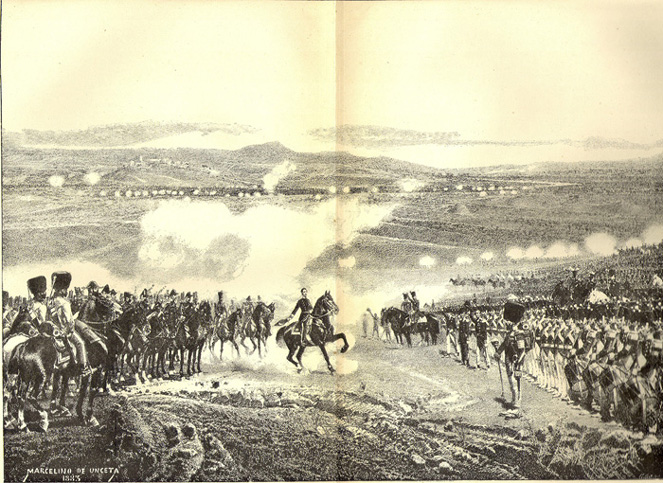
So we have Liberals coalescing around the succession of Isabel and potential Regency of Maria Christina (calling themselves Christinos). Traditionalists are coalescing around the rights of Carlos (calling themselves Carlists). Conservatives are torn. Spain is broke and defaulting on debts continually. Fernando died on 29 September 1833. In Madrid, his widow declared herself regent for their daughter. On 1 October, Carlos issued a manifesto declaring his own accession to the throne. Thus begins the Carlist War…
It is now January 1 in the Year of Our Lord 1836. The War has been raging for three years.
The Situation in Iberia
The Remnants of Empire
More to come!
